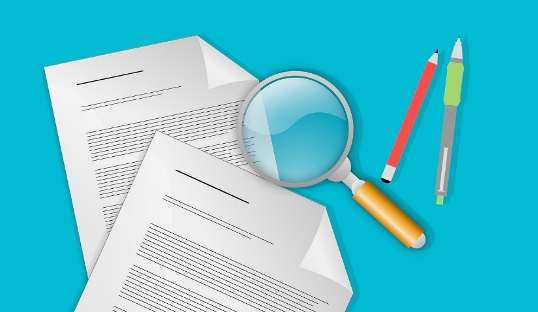Employment Allowance for startup businesses explained
Since 2014, all eligible employers within the UK have been able to reduce Class 1 NIC’s by claiming employment allowance for their company. Employment Allowance is claimed as part of a companies HMRC payroll submissions. If claimed, employers are not required to pay the first £4,000 of employer’s national insurance – a great opportunity for significant financial savings that could benefit most up and coming startup business!
Are startup businesses eligible for employment allowance?
Here’s the good news; if you have never claimed Employment Allowance for your start up before, you can retrospectively apply for the past 4 tax years – dating back to the 2016/17 tax year!
For these prior years, Employment Allowance was £3,000 per year, although your startup business may be entitled to even as much as a £12,000 refund from HMRC (coupled with this year’s tax relief). Most startups businesses in the UK should be eligible for Employment Allowance, but there are some exemptions which business owners need to be aware about before applying:
What start up business are exempt from Employment Allowance?
1. Class 1 liability over £100,000
Start up business owners who have a secondary employer’s Class 1 NIC liability of £100,00 or more during the prior tax year will not able to claim Employment Allowance. It is recommended that liability be calculated by considering all connected parties. Should the total number of collected employers add up to over £100,000, than no employers within this category would be eligible for Employment Allowance.
2. State aid
From 6th April 2020, Employment Allowance is operated as “de minimis State aid”. In other words, employers who already claim de minimis state aid will be required to check whether or not they have sufficient balance available to make an Employment Allowance claim. Should you already be receiving de minimis state aid, this will be something you would have already been made aware of. If you believe that you already claim de minimis state aid but were not notified, this needs to be raised with your scheme’s administrator.
Additionally, any UK startup business that receives more than their particular sectors ceiling, or alternatively, if claiming Employment Allowance would result in your business breaching their ceiling, then you will not be granted eligibility. The ceiling for most startup businesses is currently valued at EUR 200,000. If you are not sure of what your industries ceiling is, then this should be verified using the HMRC website.
Single company directors
If a startup business has just one employee that is paid over the Secondary Threshold for Class 1 National Insurance contributions and if they also happen to the company director, eligibility for Employment Allowance would also be refused here. Furthermore, any startup business that consists of a single employee would also not meet the threshold for claiming Employment Allowance.
How to claim Employment Allowance for startup businesses?
The best way to apply employment allowance for your business is to entrust this task to a professional accountancy firm. Based in Central London, Venn Accounts are chartered accountants who specialise in providing personalised accountancy services for startups, as well as small businesses.
With an emphasis on going the extra mile for clients, Venn Accounts provide an all-encompassing service that is tailor-made for the needs of startup business owners.

